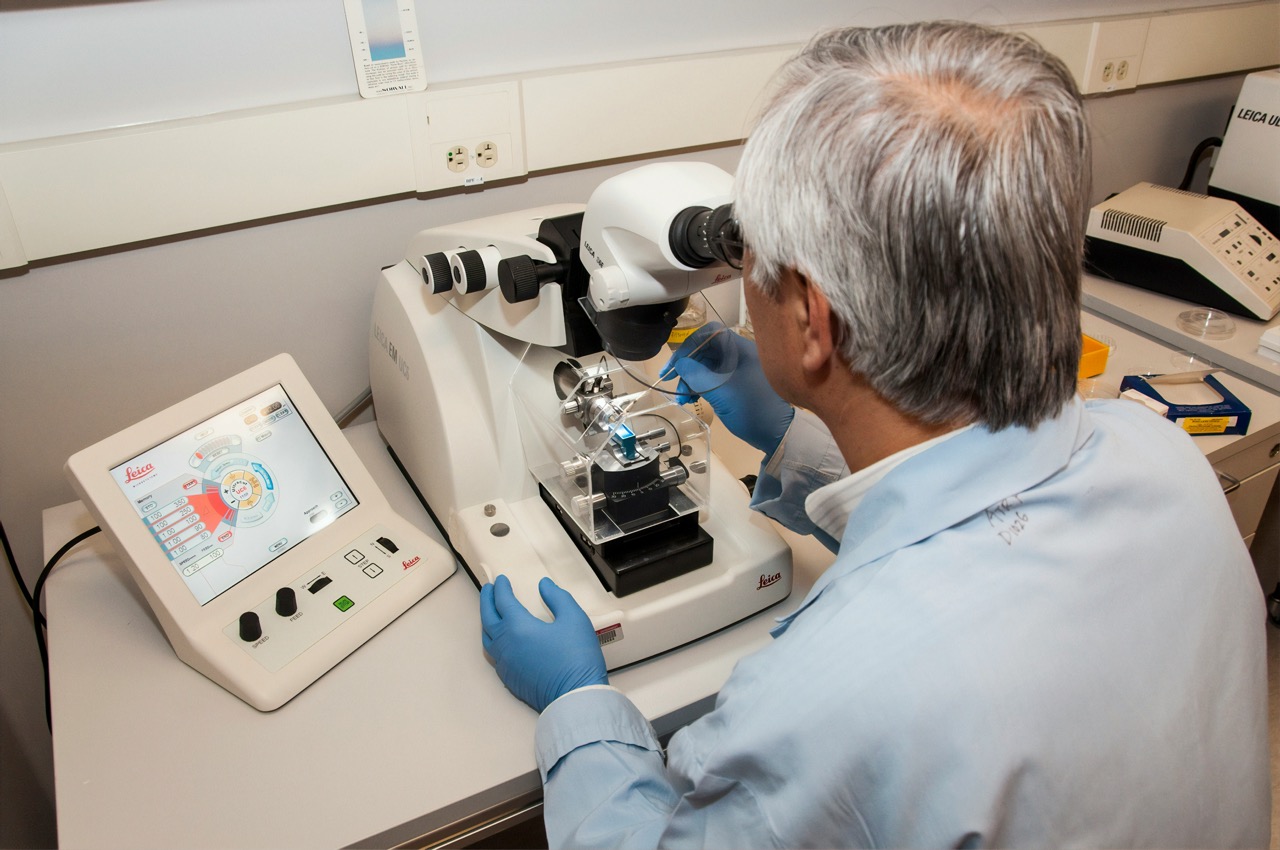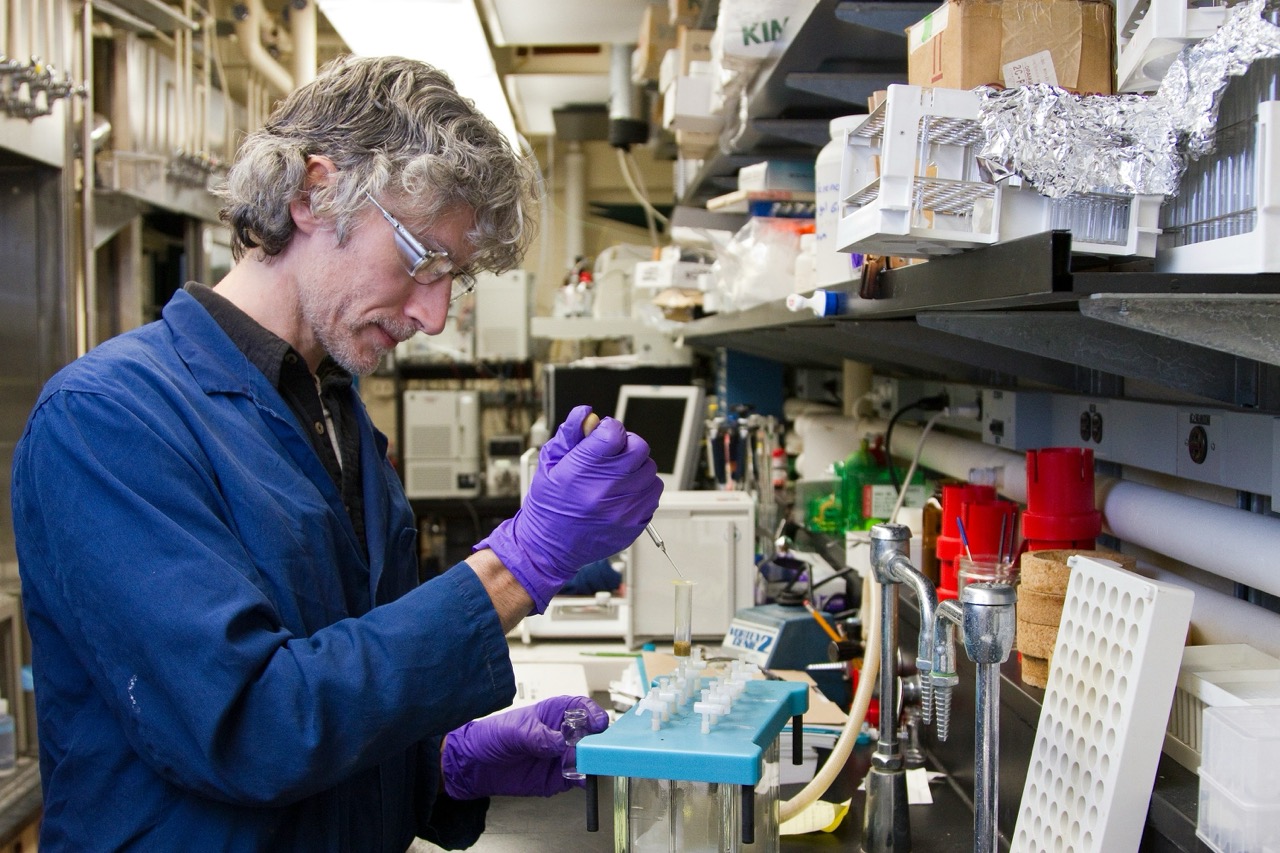Engaging teens in conversations about sexual health is vital for their overall well-being and development. As adolescents navigate a complex landscape of relationships, identities, and social pressures, fostering an environment where they feel comfortable discussing sexual health topics can significantly influence their understanding and behaviors. In this article, we will explore essential strategies for initiating and maintaining sexual health discussions with teens, ensuring that the conversation is both respectful and informative.
Understanding the Importance of Sexual Health Education
Sexual health education is crucial in equipping teens with the knowledge and skills they need to make informed decisions about their bodies and relationships. Comprehensive sexual health education helps to dispel myths, reduce the incidence of sexually transmitted infections (STIs), and prevent unintended pregnancies. Moreover, it encourages healthy relationships and empowers individuals to advocate for their own health and well-being.
Additionally, engaging in sexual health discussions can promote emotional intelligence and self-advocacy among teens. By understanding their bodies and the implications of their choices, teens can develop a sense of responsibility and foresight that extends beyond sexuality into other areas of their lives, fostering well-rounded individuals capable of navigating the challenges of adulthood.
Creating a Safe Space for Open Discussions
Creating a safe and non-judgmental environment is fundamental to encouraging teens to share their thoughts and questions regarding sexual health. This involves ensuring that the conversation is approached with empathy, understanding, and respect. Establishing ground rules for discussions, such as confidentiality and active listening, can help create an atmosphere where teens feel valued and heard.
In practice, this might mean choosing a comfortable setting for conversations, free from distractions and interruptions. It’s important for adults to actively demonstrate that they are open to discussing these topics, which can help alleviate any apprehension teens may feel. Building trust is essential, as it enables productive dialogue and fosters a willingness to engage in potentially uncomfortable discussions.
Identifying Appropriate Timing for Conversations
Timing is a critical factor in effective sexual health conversations. Adults should seek to initiate these discussions when teens are naturally curious or when relevant topics arise in day-to-day life, such as through media or peer interactions. This ensures that the conversation feels organic and relevant to the teen’s experiences, rather than forced or out of context.
Moreover, it is important to recognize that different teens may be ready for discussions at varying stages and times in their lives. Being attuned to individual cues and signals can guide adults in selecting the most appropriate moments to introduce sexual health topics, thereby enhancing engagement and interest in the conversation.
Choosing the Right Language and Tone for Teens
The language and tone used during sexual health conversations can significantly impact how teens perceive and engage with the material. Using age-appropriate and inclusive language is crucial; it helps to ensure that teens do not feel alienated or dismissed. It is important to avoid overly technical jargon, which can lead to confusion or disengagement.
Furthermore, adopting a conversational and relatable tone can help bridge the gap between adults and teens. Incorporating humor and relatability can lighten the mood while still addressing serious topics, making it easier for teens to open up and share their thoughts. Being approachable and personable fosters an environment conducive to honest dialogue.
Addressing Common Myths and Misconceptions
Teens are often bombarded with misinformation regarding sexual health through peers, media, and online sources. It is essential for adults to proactively address common myths and misconceptions, as these can lead to harmful behaviors and attitudes. Engaging in discussions that debunk myths creates opportunities for education and helps to instill critical thinking skills in teens.
Educators and parents should prepare to encounter a range of misconceptions and be equipped with facts to counter them. For instance, clarifying that STIs can affect anyone who is sexually active, regardless of perceived risk, can help mitigate stigma and encourage responsible practices. Providing accurate information enables teens to make informed choices and fosters a culture of truthfulness and awareness.
Incorporating Evidence-Based Information and Resources
To ensure that sexual health conversations are both informative and reliable, it is essential to incorporate evidence-based information. This includes utilizing reputable sources such as public health organizations, academic institutions, and established sexual health curricula. By grounding discussions in scientifically-supported facts, adults can provide teens with the most accurate information available, empowering them to make informed decisions.
Additionally, equipping teens with access to resources allows them to explore topics further on their own. Providing pamphlets, websites, and contact information for local health services can enhance their understanding and encourage proactive engagement with their sexual health. It also shows that the conversation extends beyond the immediate dialogue, promoting lifelong learning and awareness.
Encouraging Active Participation and Feedback
Encouraging teens to participate actively in discussions about sexual health can enhance their engagement and retention of information. Open-ended questions and prompts can stimulate dialogue, allowing teens to express their thoughts, concerns, and experiences. This participatory approach not only validates their perspectives but also fosters critical thinking and self-reflection.
Moreover, seeking feedback from teens regarding the conversations can help adults identify areas for improvement and adapt future discussions. Understanding what resonates with teens and what does not can facilitate more effective communication strategies. This two-way dialogue ensures that teens feel their voices are heard, thereby increasing their investment and interest in the conversation.
Discussing Consent and Healthy Relationships
A central topic in sexual health education is the concept of consent and the characteristics of healthy relationships. Initiating conversations around these subjects is crucial, as they set the foundation for how teens understand boundaries, respect, and communication within intimate relationships. Educators and parents should focus on explaining the importance of consent as an ongoing process that requires clear communication and mutual agreement.
Additionally, discussing the attributes of healthy relationships, such as trust, respect, and support, provides teens with a framework for evaluating their own relationships. By promoting discussions that encourage self-reflection and awareness, adults can help teens recognize the importance of establishing and maintaining boundaries, leading to healthier interactions and emotional well-being.
Utilizing Technology and Social Media Effectively
In an increasingly digital world, technology and social media play a significant role in shaping teens’ perceptions of sexual health. Adults can leverage these platforms to enhance discussions, using them as tools for education and engagement. For instance, sharing informative videos, articles, or podcasts through social media can make sexual health topics more relatable and accessible to teens.
However, it is essential to approach technology with caution, addressing issues such as cyberbullying, online misinformation, and the permanence of digital content. Encouraging responsible use of technology, including the importance of privacy and consent in online interactions, can help teens navigate the complexities of their digital lives while maintaining a focus on their sexual health.
Identifying Supportive Resources and Professionals
Providing teens with information about supportive resources and professionals is an important aspect of sexual health conversations. This includes counseling services, health clinics, and hotlines that can offer confidential advice and support. By sharing these resources, adults empower teens to take charge of their sexual health and seek help when needed.
Encouraging teens to establish relationships with healthcare professionals who specialize in adolescent health can also foster a sense of trust and security. Knowing that there are knowledgeable individuals available to address their concerns can alleviate fears and stigmas associated with seeking help. This proactive approach fosters a culture of openness and reassurance regarding sexual health.
Fostering Ongoing Dialogues Beyond Initial Conversations
Sexual health education should not be viewed as a one-time conversation but rather as an ongoing dialogue. Encouraging continuous discussions helps normalize the topic, allowing teens to feel comfortable revisiting questions and concerns as they arise. This ongoing engagement is essential for reinforcing learning and adapting to the evolving nature of their experiences.
Regularly revisiting sexual health topics can also help teens process new information and reflect on their experiences and choices. Providing opportunities for informal check-ins or follow-up discussions can reinforce the importance of sexual health while fostering a sense of community and support. This ongoing dialogue nurtures a relationship built on trust and openness between adults and teens.
Evaluating the Impact of Sexual Health Conversations
Finally, it is crucial to evaluate the effectiveness and impact of sexual health conversations with teens. This can be achieved through informal feedback mechanisms, surveys, or discussions that assess their understanding and comfort levels regarding sexual health topics. Understanding how well the conversations have resonated with teens can inform future discussions and strategies.
Additionally, assessing changes in attitudes, behaviors, or inquiries following these conversations can provide insight into their effectiveness. This evaluation process is essential for continuous improvement and helps ensure that sexual health education remains relevant and responsive to the needs of teens.
Initiating conversations about sexual health with teens is a challenging yet rewarding endeavor. By understanding the importance of these discussions, creating safe spaces, and employing effective communication strategies, adults can foster an environment conducive to learning and growth. Equipping teens with accurate information and resources empowers them to navigate their sexual health confidently. Ultimately, these ongoing dialogues contribute to healthier individuals and communities, promoting informed decision-making and respectful relationships.










